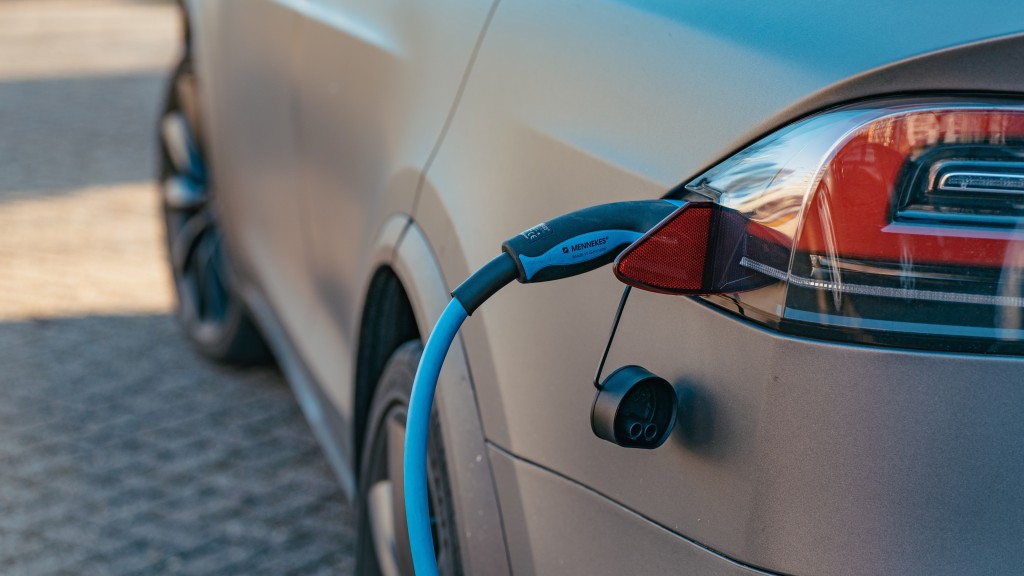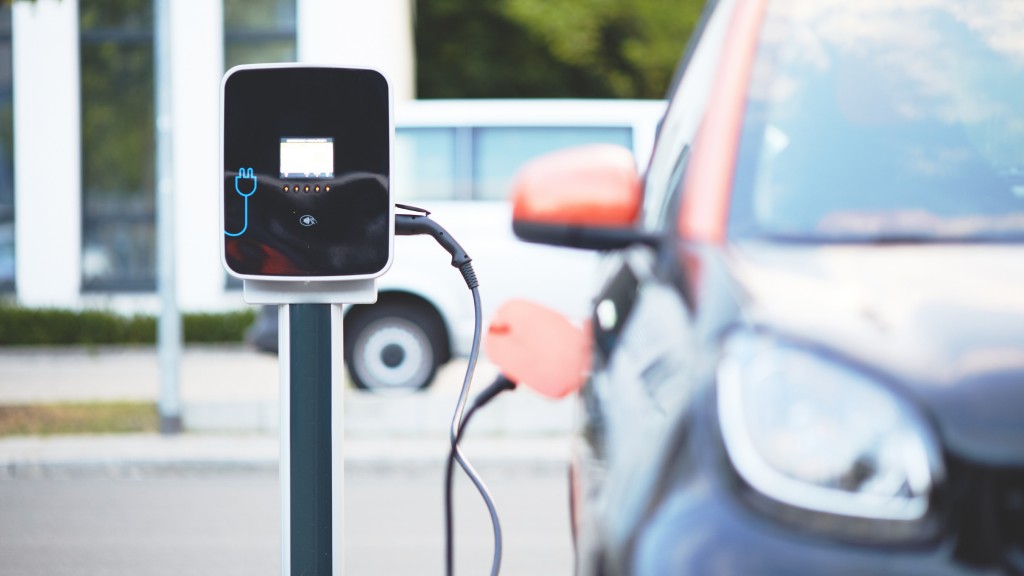
As the electric vehicle (EV) market continues to grow in the United States, Americans are increasingly concerned about what will happen to all those lithium-ion EV batteries when they reach the end of life – even though the EV battery recycling industry is booming. A new study commissioned by Ascend Elements found that 71 percent of U.S. adults say they are concerned about the disposal of used EV batteries, up from 54 percent in 2022. About 56 percent of survey respondents say EV batteries will cause "toxic landfills," up from 48 percent in 2022. These concerns may be linked to a fundamental misunderstanding about the recyclability of EV batteries. Nearly 40 percent of survey respondents think lithium-ion EV batteries are not recyclable, down from 47 percent in 2022. The annual study was conducted by an independent research firm to survey a random sample of 1,004 U.S. consumers about their beliefs and attitudes regarding lithium-ion batteries and electric vehicles. The margin of error is +/-3 percent at the 95 percent confidence level.
"When I see this data, I can't help thinking we're not doing enough to educate the public about lithium-ion battery recycling," said Eric Gratz, Ph.D., co-founder and CTO of Ascend Elements. "Lithium-ion batteries, including EV batteries, are recyclable. The metals inside an EV battery are incredibly valuable and infinitely recyclable. I would expect electric vehicle batteries to end up in landfills about as often as gold bars."
Ascend Elements recovers up to 98 percent of the metals in electric vehicle batteries before using its Hydro-to-Cathode process to manufacture new, sustainable EV battery materials known as cathode precursor (pCAM) and cathode active material (CAM). Several peer-reviewed studies have shown Ascend Elements' recycled EV battery materials perform as well as similar materials made from virgin (or mined) sources while reducing carbon emissions associated with mining. The company currently can recycle 30,000 metric tons of EV batteries per year, or about 70,000 EV batteries annually. That's approximately 20 percent of North America's current lithium-ion battery recycling capacity.
Still, myths and misinformation about EV battery recycling continue. "The industry has made terrific advances in the efficiency and economics of lithium-ion battery recycling, but these false narratives about EV batteries continue," said Roger Lin, vice president of government affairs at Ascend Elements. "We are changing that by creating an infrastructure that would make it unthinkable to let a lithium-ion battery go to landfill. They are just too valuable."
While concerns about EV batteries are rising, the survey data suggests Americans are learning how to recycle other types of lithium-ion batteries.
- Only 21 percent of survey respondents say lithium-ion batteries can be recycled in the household recycling bin, down from 33 percent in 2022
- Only 15 percent say lithium-ion batteries can be put in the household trash, down from 27 percent in 2022
"For the record, lithium-ion batteries should never be put in the trash or the household recycling bin," Dr. Gratz said. "While I'd like to see universal awareness of these basic recycling facts, the survey data suggests we've made some progress since last year."
Improper disposal of lithium-ion batteries can cause fires and explosions in waste management facilities and recycling centers. According to Dr. Gratz, used lithium-ion batteries should be dropped off at authorized collection points.
The survey also revealed several opportunities for continued education about household lithium-ion battery use and recycling.
- Only 40 percent of survey respondents understand that they should not "charge an e-bike or electric scooter battery unattended or overnight."
- Over 60 percent correctly understand that you should "never leave a lithium-ion battery plugged in when it is not charging."
- 42 percent of survey respondents understand they should "always cover the battery terminals with electrical tape or place it in a clear plastic bag" before recycling.
- 30 percent of survey respondents know they should not "recycle damaged or recalled lithium-ion batteries in the same way they recycle other lithium-ion batteries."
The survey points to an industry-wide need for improved consumer education and outreach about lithium-ion batteries and battery recycling.



